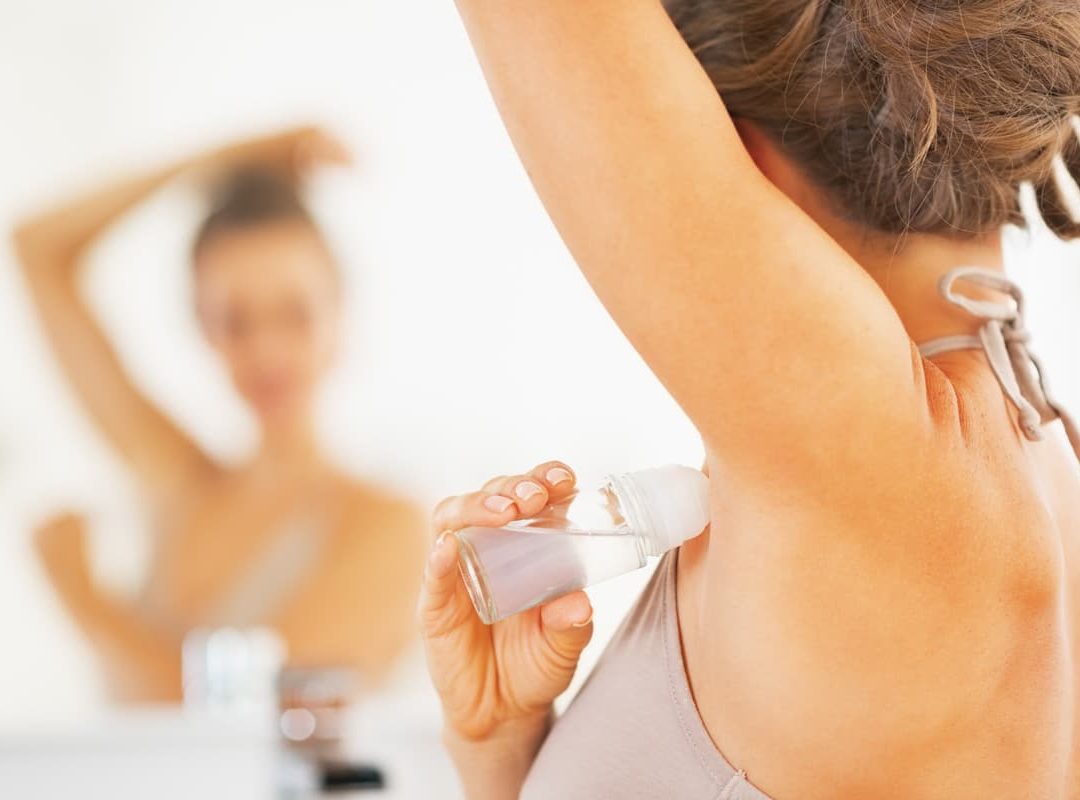You’ve just showered, applied deodorant, and headed out for the day — only to notice a few hours later that the odor is creeping back. If you’ve ever thought, “why is my deodorant not working?”, you’re not alone.
Body odor is a common issue, and while deodorant is designed to help, it doesn’t always deliver. The good news? There are real reasons behind this problem, and solutions that actually work.
In this guide, we’ll break down:
- Why deodorant sometimes fails
- The difference between deodorant and antiperspirant
- Lifestyle factors that affect body odor
- Fixes to make deodorant more effective
- Alternatives if traditional deodorant doesn’t work for you
Deodorant vs. Antiperspirant: Know the Difference
Before diving into why your deodorant isn’t working, it’s important to understand the products you’re using:
- Deodorant: Neutralizes odor-causing bacteria but does not stop sweating.
- Antiperspirant: Contains aluminum compounds that block sweat glands and reduce wetness.
If your main concern is odor, deodorant helps.If your main concern is sweat and odor, you may need an antiperspirant or a combination product.
Common Reasons Your Deodorant Isn’t Working
You’re Using the Wrong Product
- If you’re only using deodorant (not antiperspirant), it won’t prevent sweating.
- Sweating creates the moist environment bacteria thrive in, which causes odor.
Applying at the Wrong Time
- Many people apply antiperspirant in the morning.
- However, it works best at night, when sweat glands are less active.
Skin Chemistry Changes
- Hormones, diet, and even stress can change the bacteria on your skin.
- What worked before may suddenly stop being effective.
Product Build-Up
- Over time, deodorant residue and dead skin cells can clog pores, reducing effectiveness.
Over-Sweating (Hyperhidrosis)
- If you naturally sweat a lot, regular deodorant may not be strong enough.
Shaving Irritation
- Shaving removes protective skin layers, leaving deodorant less effective and causing odor-causing bacteria to grow faster.
Expired or Ineffective Formula
- Deodorants lose potency over time, especially natural products without preservatives.
Lifestyle Factors That Affect Deodorant Performance
- Diet – Spicy foods, onions, and garlic can seep into sweat and make odor worse.
- Clothing – Synthetic fabrics trap sweat and odor.
- Hydration – Dehydration leads to stronger-smelling sweat.
- Hygiene Habits – Skipping showers or not exfoliating can let bacteria thrive.
- Stress and Hormones – Stress sweat is produced by different glands and tends to smell stronger.
Fixes: How to Make Your Deodorant Work Better
Apply at Night
- For antiperspirants, nighttime application is most effective.
Exfoliate Regularly
- Use a gentle scrub or exfoliating cloth to remove residue and dead skin cells.
Switch to a Stronger Formula
- Look for “clinical strength” deodorants or prescription antiperspirants if over-the-counter isn’t enough.
Try Natural Alternatives
- Baking soda, apple cider vinegar, and magnesium-based deodorants help balance bacteria naturally.
Stay Hydrated
- Drinking water dilutes sweat and reduces odor intensity.
Rotate Products
- Sometimes switching brands helps if your skin adjusts to one formula.
Wear Breathable Fabrics
- Cotton and moisture-wicking fabrics help reduce trapped sweat and odor.
When to See a Doctor
If your deodorant still isn’t working despite lifestyle changes, you may be dealing with:
- Hyperhidrosis (excessive sweating)
- Hormonal imbalance
- Skin infection or irritation
In these cases, dermatologists can recommend prescription-strength antiperspirants, Botox injections, or other treatments.
Best Types of Deodorants to Try
- Aluminum-Free Deodorants – Great if you prefer natural odor control.
- Clinical Strength Antiperspirants – Stronger protection for heavy sweaters.
- Gel Deodorants – Dry faster and leave less residue.
- Crystal Mineral Deodorants – Long-lasting and gentle on sensitive skin.
- Cream or Paste Deodorants – Natural options with baking soda or magnesium.
Deodorant Hacks You Can Try
- Apply a thin layer of witch hazel before deodorant to reduce bacteria.
- Use rubbing alcohol wipes on the go for quick odor refresh.
- Keep an extra stick in your car, bag, or office for reapplication.
- Try double protection: use antiperspirant at night and deodorant in the morning.
Why Natural Deodorants May Not Work for Everyone
Natural deodorants are popular, but not all are effective. They usually:
- Neutralize odor but don’t block sweat.
- Take a few weeks for your body to adjust.
- May irritate sensitive skin if they contain baking soda.
If switching to natural deodorant, give it at least 2–3 weeks before deciding if it works for you.
Conclusion
If you’ve been wondering, “why is my deodorant not working?”, the answer could be as simple as timing, product type, or lifestyle factors. Deodorant isn’t one-size-fits-all, and what works for one person may not work for another.
By understanding the difference between deodorant and antiperspirant, adjusting your hygiene routine, and trying stronger or alternative products, you can finally say goodbye to stubborn body odor. And if nothing seems to help, consult a dermatologist for long-term solutions.
FAQs
1. Why do I still smell after using deodorant?
You may need an antiperspirant, as deodorant alone only controls odor, not sweat.
2. Why does my deodorant stop working after a few hours?
Sweat, stress, or product buildup can reduce effectiveness. Try exfoliating and reapplying.
3. Should I apply deodorant at night or morning?
Deodorant can be applied anytime, but antiperspirants work best at night.
4. How do I know if I have hyperhidrosis?
If you sweat excessively even when resting, consult a dermatologist.
5. Is switching deodorants necessary?
Yes — your body chemistry changes, so rotating products can improve results.

